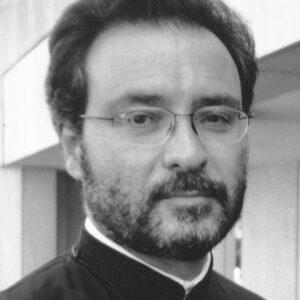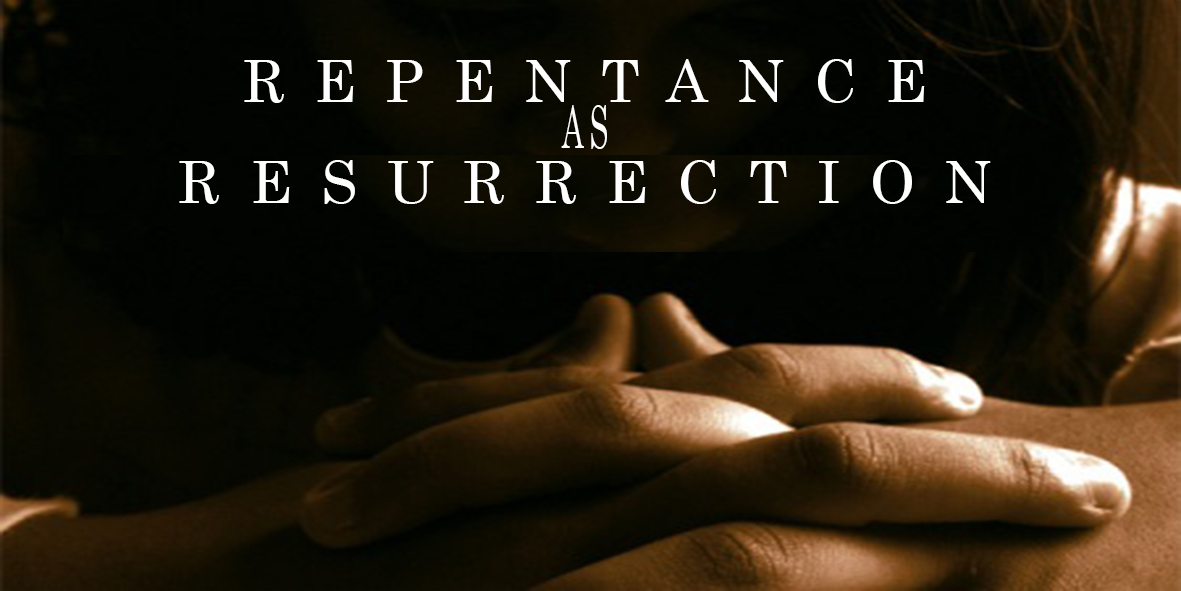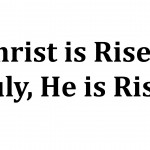Most Christians intuitively understand a connection between repentance and resurrection. Many appreciate how repentance and forgiveness can lead to new life. What is harder to discern, however, is the equation between repentance and resurrection that repentance is resurrection unleashed. Repentance not only prepares us for, but is itself the beginning of the "Passover" into life …
Most Christians intuitively understand a connection between repentance and resurrection. Many appreciate how repentance and forgiveness can lead to new life. What is harder to discern, however, is the equation between repentance and resurrection that repentance is resurrection unleashed. Repentance not only prepares us for, but is itself the beginning of the “Passover” into life -the lifting up of the inner being in anticipation of the raising up of the total being. We have become so accustomed to thinking of repentance as an unpleasant though necessary rejection of sin that we have tended to lose sight of repentance as a fundamentally joy, restorative return to life in its abundant fullness. To repent is to awaken from the sleep of ignorance and to rediscover the soul.
Yet the mystery of repentance may be said to conceal four paradoxes that lie at the heart of the sacrament while at the same time causing some misunderstanding. Borrowing an expression from popular culture, we might call the first “back to the future.” While taking critical stock of failure, and courageously assuming personal responsibility, repentance focuses not on human imperfection but on the perfect love of a God who “is good and loves mankind.” In the mystery of repentance we confess not simply our faults but, more fundamentally, our faith in the One who is able to forgive sins. The primary orientation of repentance, in other words, is not toward the past-with which most people normally associate it – but in fact toward the future, which be comes brighter in the Light of divine mercy and forgiveness offered in Christ.
Second, this life giving reconciliation in Jesus Christ occurs only, and paradoxically, by way of his death on the cross and our own acceptance and appropriation of this transforming death in ourselves. “For if we died with him, we shall also live with him” (2 Tim 2:20). Most of us imagine repentance as a way of resuscitation from “mere living,” while in fact it is a way of surrender and dying. Curiously, it is this very dying that alone can lead to authentic living.
Third, the deepening of self-knowledge, which results from this process, occurs through a relationship with another person, specifically with one’s spiritual mentor. To find ourselves we must give ourselves away, and the spiritual father or mother helps us achieve this. Once again, most people see repentance and confession as private or individual affairs. In reality they are the keys to personal opening and social relations.
Fourth, the healing relationship is set within the context of community. To be integrated into the body of Christ implies healing and reconciliation not only of ourselves individually, but also interpersonally. While many of us believe that the healing process of repentance occurs on a personal level, the truth is that only the community of believers can restore wholeness and health.
Join Us: Sign Up Today!
Tags:












